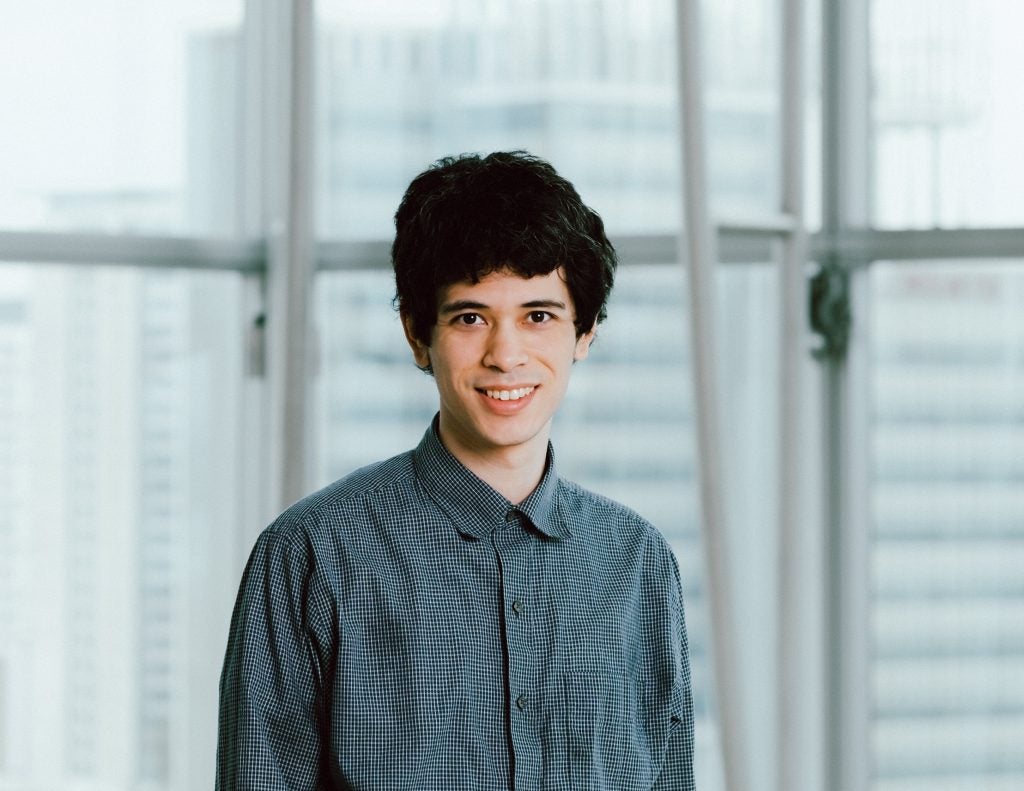

Assistant Professor (PYP) Andrew Barnabas Wong
Faculty & Department
Joint Appointments
Assistant Professor, Chemical and Biomolecular Engineering, Design and Engineering
Jt Appt - Asst Prof, Chemical and Biomolecular Engineering, College of Design and Engineering
Education
Doctor of Philosophy in Chemistry, University of California, Berkeley, United States
Bachelor of Science (Chemistry), University of Chicago, United States
Bio
Andrew B. Wong is an Assistant Professor in the Department of Materials Science and Engineering at the National University of Singapore. He holds the Presidential Young Professorship Early Career Award as well as a joint appointment in the Department of Chemical and Biomolecular Engineering. Prior to his independent career, he was a postdoctoral researcher at Stanford University, where he was coadvised by Thomas Jaramillo and James Harris. He received his Ph.D. in Chemistry from UC Berkeley in 2016 under Peidong Yang and received his joint B.S.–M.S. degree in Chemistry at the University of Chicago in 2011. The A.B. Wong Group focuses on understanding and developing control of the microenvironment for electrochemical CO2 conversion and exploring emerging strategies to valorize CO2.
Contact Information
Currently a major theme of my group’s research is to develop materials and methods to control the microenvironment for electrocatalytic conversion of CO2 into valuable materials such as ethanol, ethylene, and carbon nanotubes.
Our research spans multiple areas in the chemistry and engineering of energy materials. Currently, an overarching research focus is electrochemical CO2 conversion with a particular focus on systems tailored to control the microenvironment to be more favorable for converting CO2 into value-added products.
My Mentoring Style
How would you describe your mentoring style in terms of freedom given to your students?

Selecting Research Topics?
How do you guide your PhD students in selecting research topics?

Setbacks / Challenges
How do you handle setbacks or challenges faced by your PhD students?

Feedback
How do you give feedback on your students’ thesis drafts and progress?

Consultation Frequency
How often do you typically meet your PhD students one-on-one for consultation?

Research Group Meetings
How often do you typically hold lab meetings where your PhD students present their research work to the class?

In the best case scenario, for an experienced or well-prepared student, I see my role as coaching students how to perform excellent research and how to strategize so that their progress is aligned to their goals.

